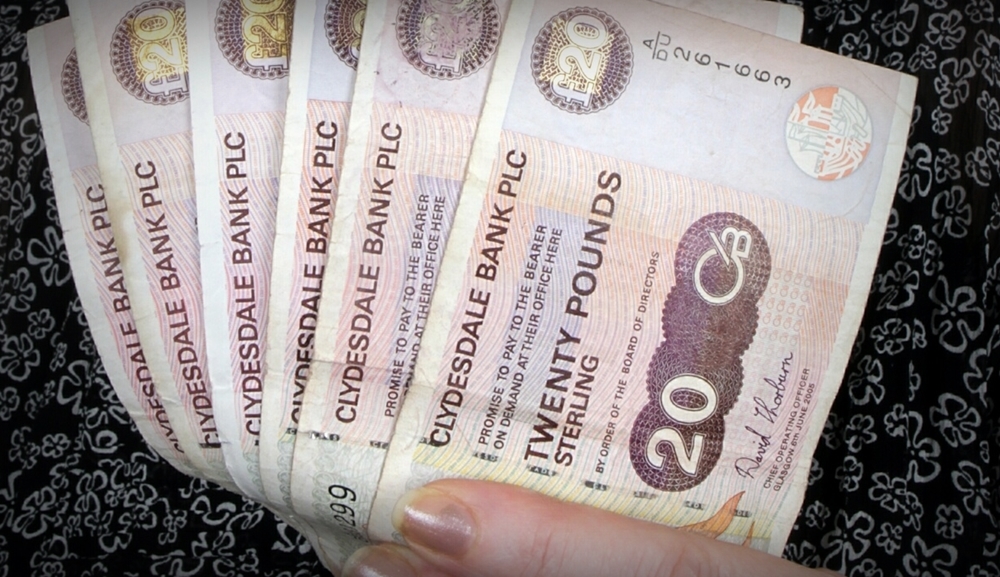Average incomes for households in Scotland are now more than £400 higher than they were in the recession, new research has revealed.
But while the Resolution think-tank found that typical incomes in 2014 were 1.9% higher than they were in 2007-08, it said income in working-age households was still 4.6% lower.
With politicians focusing on issues such as wages and the cost of living in the run-up to the election, the think tank said this made it “hard to talk about living standards in a way that resonates with people’s experiences across Scotland”.
Although average incomes in working-age households was down, pensioner households last year were on average 9.4% above the pre-downturn level.
The average household income in 2014 across Scotland was £23,000, a rise of £424 from 2007-08, with further rises expected this year, the think-tank said.
In the UK as a whole, incomes were £105 a year lower, with people living in the South East of England typically £921 worse off.
In contrast, the average income in the North East of England increased by £794 over the period.
In Scotland, typical hourly wages fell by 6.4% between 2009 and 2014, but this drop is not as great as across the UK, with wages down by an average of 9.3%
Laura Gardiner, senior policy analyst at the Resolution Foundation, said: “Households in Scotland have experienced a very different kind of downturn to the rest of the UK, with a short fall in living standards in 2011 and flat or gently increasing household incomes since.
“By last year incomes were over £400 higher than pre-downturn levels and they are set to increase further in 2015.
“But considerable generational differences lie behind this positive overall picture, with pensioner households likely to have fared far better than those of working age.
“This makes it hard to talk about living standards in a way that resonates with people’s experiences across Scotland.”
